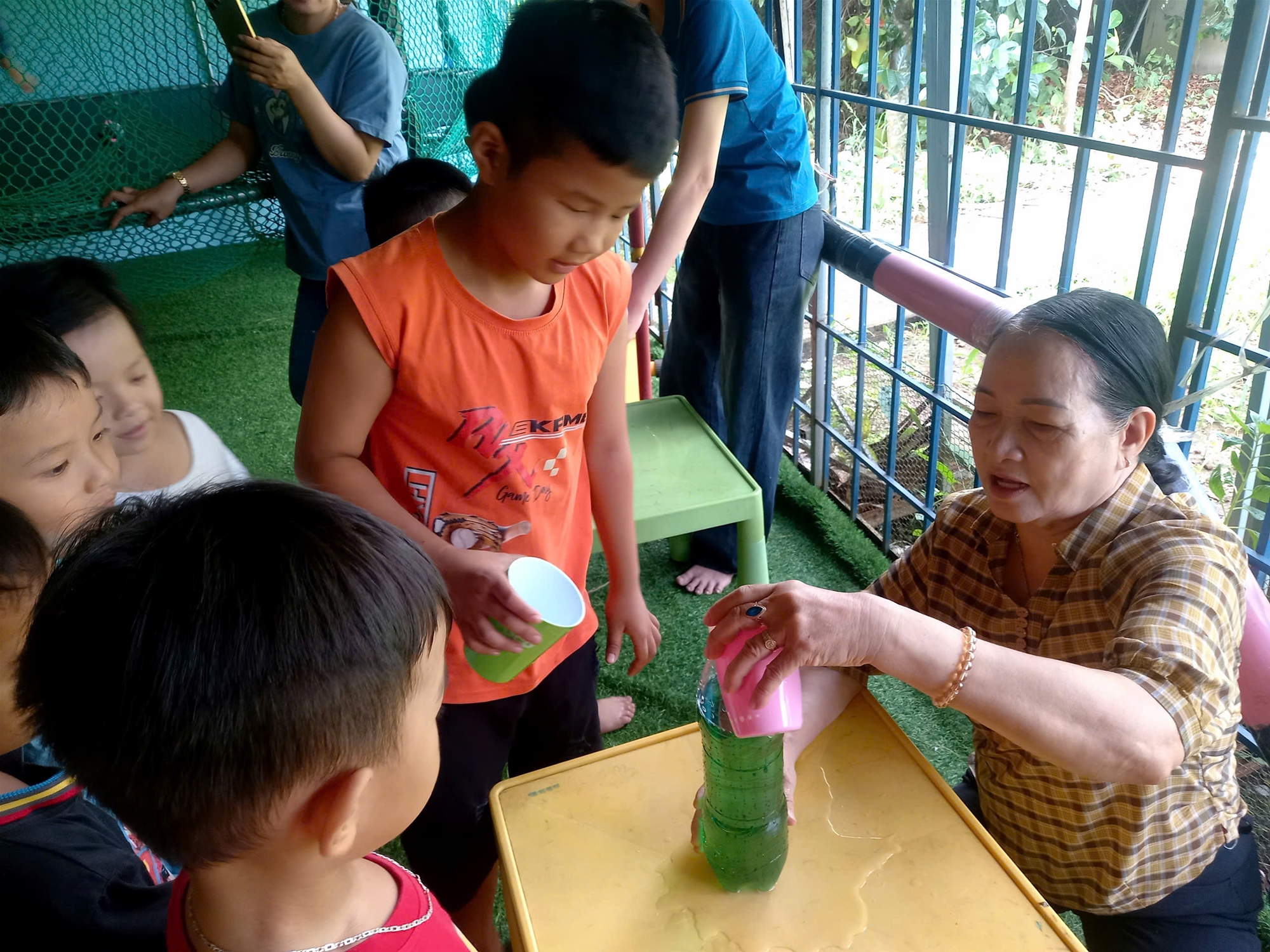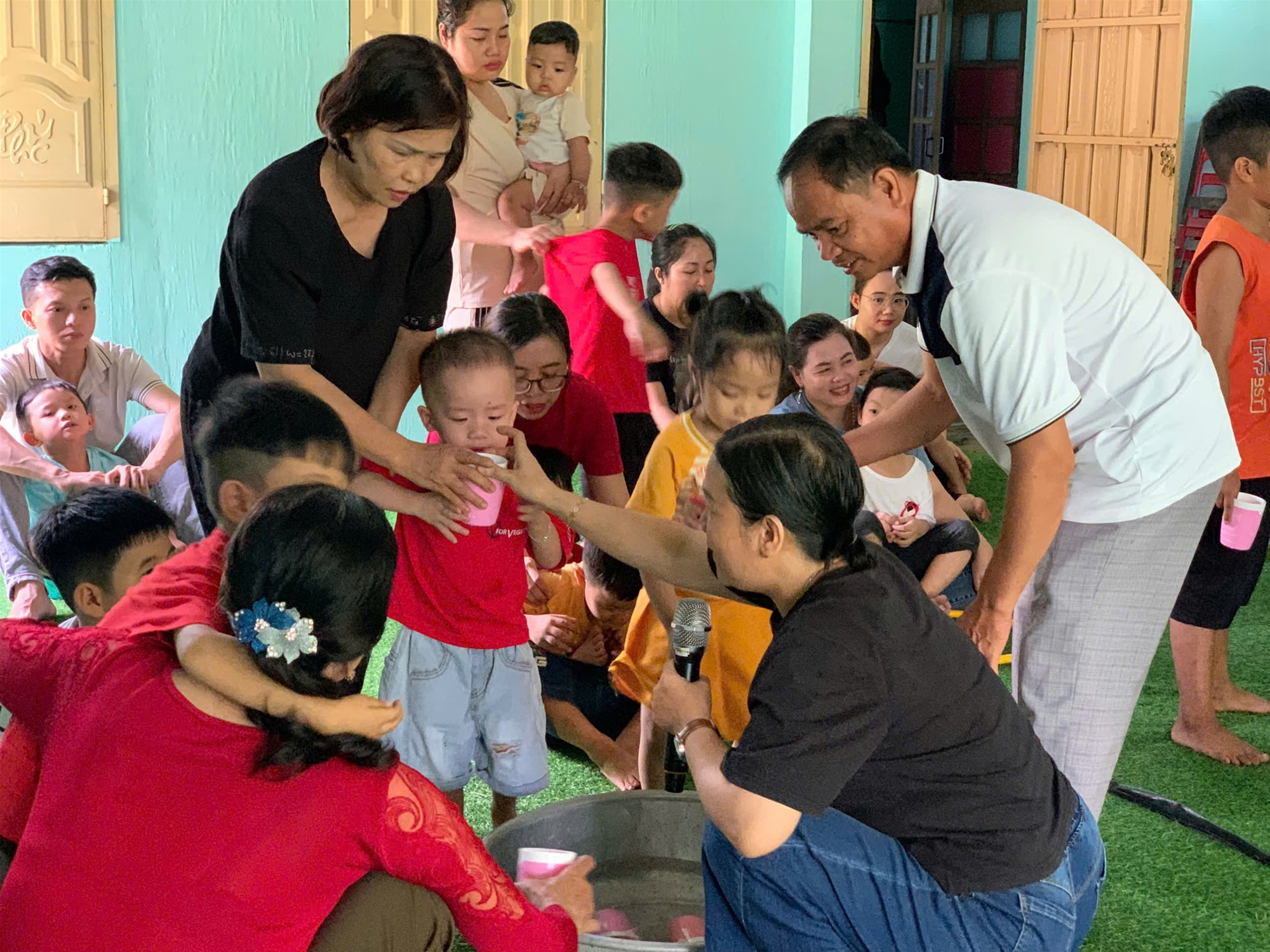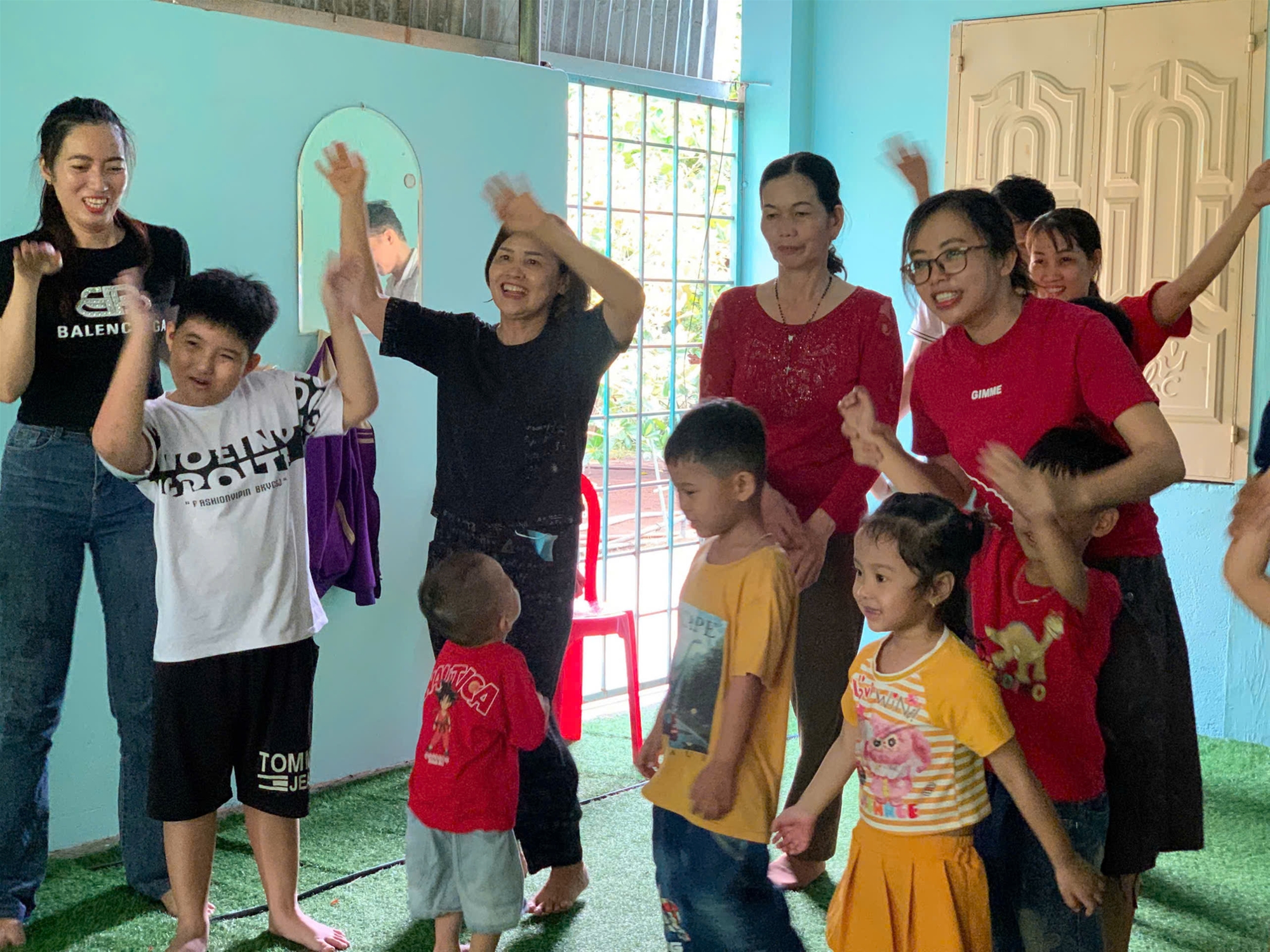Informative Message: Is Autism a Disease?
Autism is not a disease—it's a neurodevelopmental disorder, specifically known as Autism Spectrum Disorder (ASD).
Why isn’t it called a "disease"?

-
Not caused by viruses or bacteria: Autism is not an infectious disease like the flu or dengue fever.
-
No definitive cure through medication: Since it's not a disease, autism cannot be "cured" with medicine. However, with appropriate interventions, children can show significant improvements.
-
A difference in brain development: Children with autism have brains that function differently, affecting communication, social interaction, behavior, and sensory responses. This is a congenital condition that typically appears early in life.
-

Why is it important to understand this correctly?
Recognizing autism as a developmental disorder—not a disease—helps us:
-
Avoid stigma and misguided pity.
-
Focus on proper intervention, education, and support.
-
Empower children to reach their potential, live independently, and find happiness.
Most importantly, early detection and early intervention are crucial.
